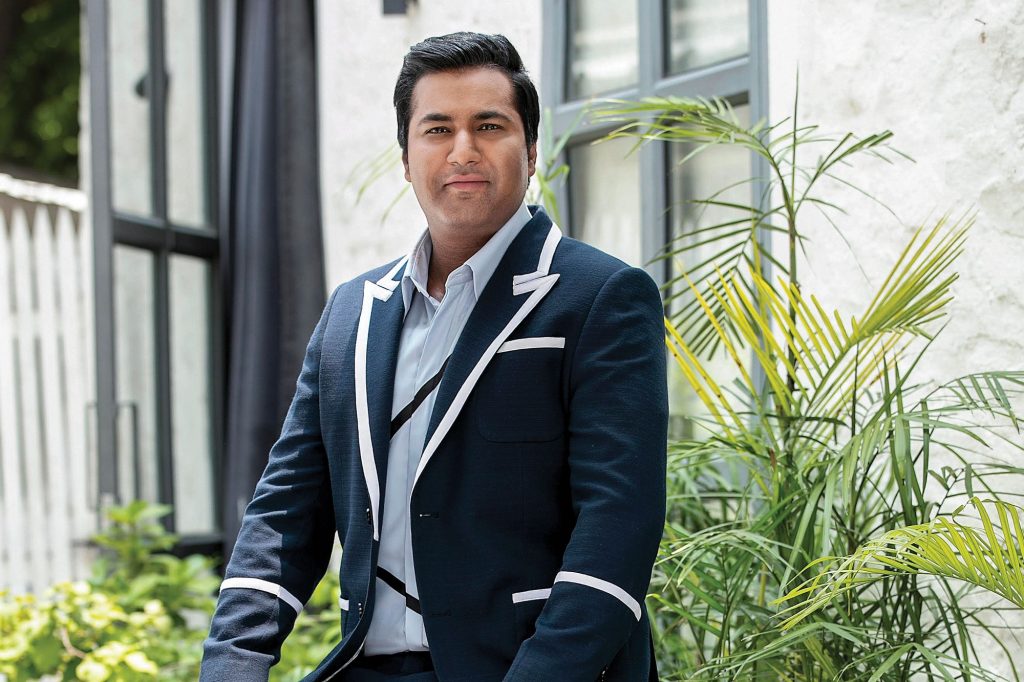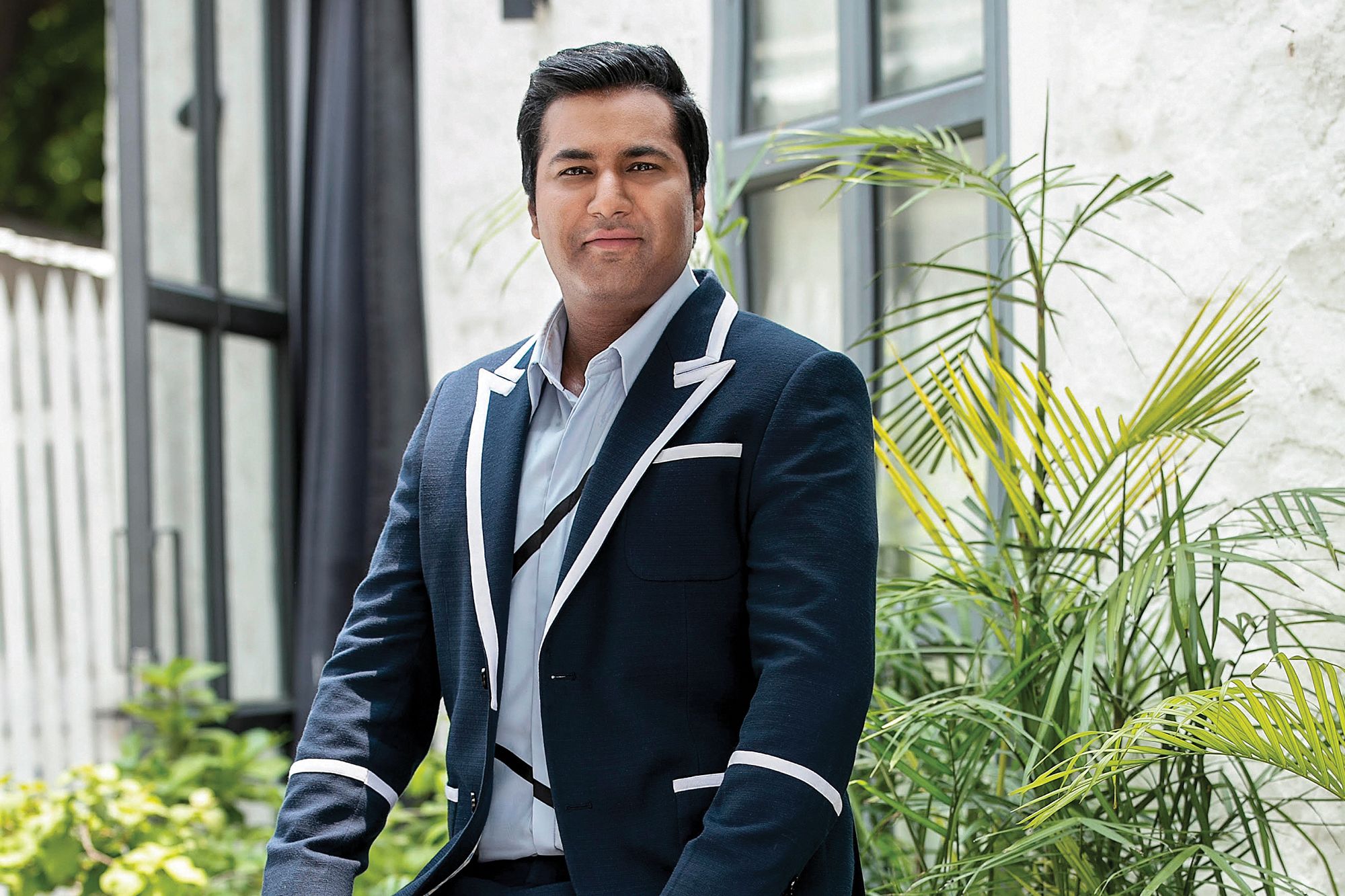Mr. Ritesh Rawal, Founder of Dudes & Dolls World, Adhyay School, and Ritesh Rawal Foundation

The pandemic has prompted wholesale changes in the way professionals work, where they work and how they work. Intermittent lockdowns have made sure that the plans of organizations to bring their workforces back to office spaces remain in limbo. As a result, bedroom is the new boardroom and dressing table is the new meeting table. With families and children to be dealt with besides the burden of work, employees have been straddling the increasingly blurring boundaries between work and home. Video calls and strategic meetings have also witnessed interruptions by children and pets as workforces operate from their homes, even as they try their level best to keep distractions for them, and for others too, at bay.
It isn’t as though challenges remain only for those of the working staff who are based out of their homes, those who have begun frequenting their offices face troubles of their own. Offices are mandating all its staff to be vaccinated, wear masks indoors and sit at an appropriate and socially distanced position from each other.
In the backdrop of these unique work environments, leaders of this day and age confront challenges, so far unheard, leave alone planned for. The need of the hour is thus of leaders who can keep pace with the changing times. They are expected to exhibit dynamism, improvisation and innovation to handle a still evolving situation of the pandemic.
Transformational leadership of the post pandemic era not only calls for understanding of the professional environments and situations but a deep grasp of the human psyche which perceives life dramatically different from earlier. This means empathy for individual fears and traumas, challenges posed by health risks associated with office assembly, the mental impact of operating in an atmosphere populated with humans after all the social distancing guidelines.
For leaders managing a cohort based out of homes, a compassion centric guidance on goal setting and accomplishment. This could also mean understanding individual households of the employees and the impact to them caused by the pandemic. Inspiration would not just be needed for those working for the company but the next of the kith and kin of those employed. A dispirited family may have a cascading impact on the employees. Contemporary leaders of note would thus be wider in their approach.
Leaders of this era would also require to understand wellbeing from a holistic perspective. So this means going beyond monetary perks and entitlements to keeping a tab on physical, emotional, mental and spiritual wellbeing of the workforce.
Employees would need to be constantly motivated with wellness workshops and initiatives such as yoga and meditation workshops, virus sensitization programmes, financial planning in the changed scheme of things, securing job as companies scale down, mindfulness inn eating, behaviour, words and thoughts.
Equally essential would be for leaders to keep the flock together, avoiding conflicts, peaceful resolution of those that materialize anyhow, sustaining team chemistry and goal focus and keeping the entire brigade adequately inspired to deliver their best despite the obvious disruptions.
In case individuals are affected by the pandemic, leaders must be tactful enough to ensure others in the team not to be bogged down mentally. Delivering words of succor and relief would be an additional trait expected of good leaders.
Following a healthy time table in leading by example is yet another deliverable leaders would be looked up to instill in their teams. The renewed focus on health and wellbeing, precipitated by the mass disease and bereavement means leaders may no longer urge those led by them to put their body on the line for projects. Wellbeing would inevitably assume greater import in the new mix.


